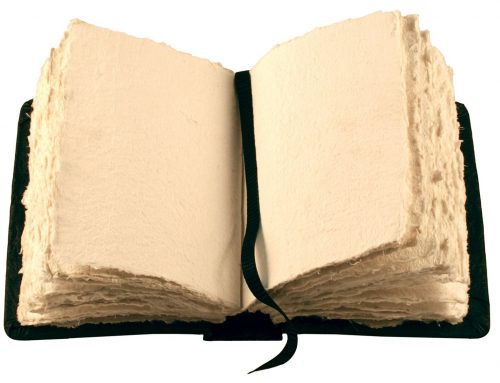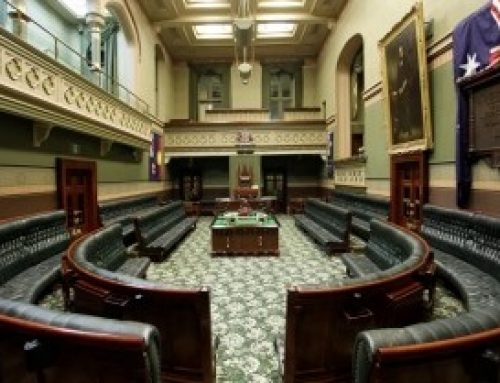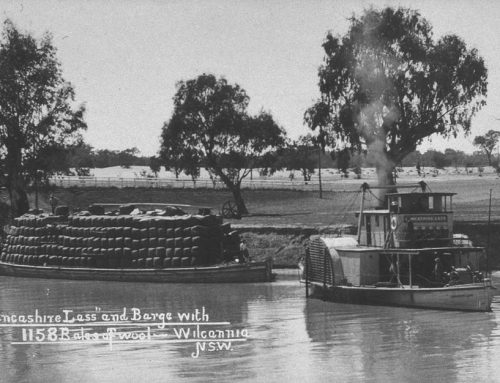Welcome to Caroline Overington. I had the pleasure of meeting Caroline at the Australian Book Industry Awards dinner in Melbourne last July although having always been a bit of a newspaper fiend I was well aware of her journalistic contributions and non-fiction works. I’m delighted that Caroline joins me today to answer five quick questions.

Caroline is the author of two non-fiction books, ONLY IN NEW YORK and KICKBACK, which won the Blake Dawson Prize for Business Literature. She has twice won a Walkley Award for Investigative Journalism, and has also won the Sir Keith Murdoch Award for Journalistic Excellence. She has written three novels: Ghost Child, I Came To Say Goodbye and Matilda is Missing, her latest release. http://www.carolineoverington.com
1. Did you find the transition from journalistic/business writing to fiction challenging?
I found it exhilarating! Journalism is one way to tell a story, but there are limits to what you can include, both because there is often only a small space put aside for your story, or because there are a number of different laws (defamation, contempt of court, etc) that prevent you from telling the reader everything you know.
I had toyed with the idea of writing some of the stories I had seen in my time as a social welfare reporter as a book, but it was too complicated: you cannot identify the children, and there are restrictions on what people can say about each other.
Once I made the move to fiction, I suddenly had a huge canvas on which to draw out the story, including all the bits and pieces that would never make the newspaper. I believe that the result is a more honest, more nuanced, look at the ways in which some people live.
2. What made you decide to embark on writing fiction?
See above. That said, I’m still a journalist, and will be until the day I die. It is a magnificent profession, so battered right now, but still crucial to the healthy working of our democracy
I’m employed as a full-time writer on The Weekend Australian Magazine, writing long and hopefully thoughtful and interesting profiles and features, but sometimes I can’t help myself, and when a story comes my way, I hop over to news, because I still like to see a good story get a good run.
3. Your three novels to date have centred around children and the emotional conflict that accompanies divorce, death and custody battles. Is there another topic waiting in the wings?
It occurred to me after writing Matilda that I had been focused on victims of crime, and in particular, child victims, because that had been so important to me. In my next novel, I would like to explore the mind of the perpetrator.
4. Your fiction writing has been described as taut powerful page-turning; when commencing a new novel do you map out your entire storyline before beginning to write, or do you sit down and simply begin?
I do know the story line, start to finish, but I sometimes find it takes a while to get from A to B, if that makes sense!
5. Whats the best thing about where you live?
I live beachfront, in Bondi. I have twins, aged 12, both of whom are water babies. My husband surfs. My blue staffy likes to splash through a rockpool to get to a ball. So, we are perfectly placed for all that.

Garry Hartshorn and Softie Monaghan were never love’s young dream. Not even on their wedding day.
Softie was sophisticated, a career woman, who owned a nice apartment overlooking St Kilda Beach. Garry had a few rough edges, plus one failed marriage and an assortment of jobs under his belt.
But Softie’s body clock was ticking, and Garry wanted children
So they got married, and produced the only thing they ever had in common.
Matilda.
Now, two years later, their golden-haired child is at the centre of a bitter custody battle. Both parents insist that her well-being is the only thing they care about.
Yet, in truth, Matilda was always the one most likely to become lost.






Leave A Comment